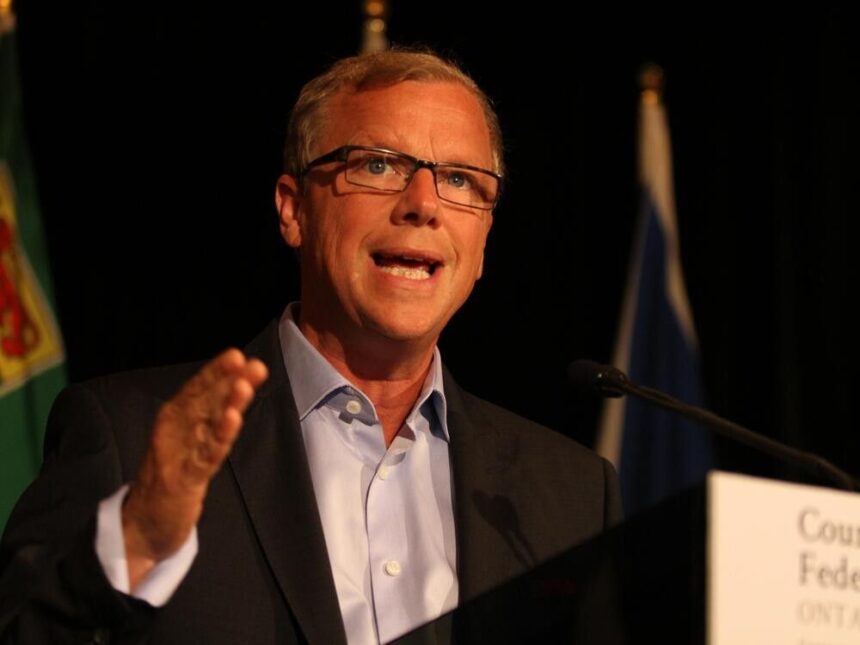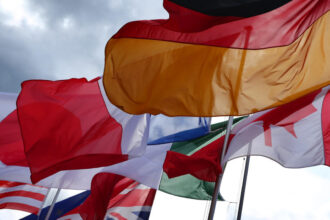In a strategic diplomatic move that signals renewed efforts to mend fractured bilateral ties, Prime Minister Justin Trudeau has appointed former Saskatchewan Premier Brad Wall to lead Canada’s diplomatic reconciliation with India. The decision comes at a critical juncture as relations between the two nations have deteriorated to their lowest point in decades following allegations of Indian government involvement in the killing of Sikh separatist Hardeep Singh Nijjar on Canadian soil.
Wall, who served as Saskatchewan’s premier from 2007 to 2018, brings his extensive experience in international trade and agricultural exports to this challenging assignment. During his tenure, Wall established himself as a pragmatic Conservative leader who successfully navigated complex trade relationships, particularly in resource-rich sectors that form the backbone of Canadian exports to India.
“Brad Wall has the right combination of diplomatic acumen and practical experience to reset this vital relationship,” said Alberta Premier Danielle Smith in a statement to CO24 Politics. “His understanding of agricultural markets and energy partnerships will be invaluable in rebuilding economic bridges with India.”
The appointment represents a notable shift in Ottawa’s approach, turning to a respected Conservative figure to address a diplomatic crisis that has seen both nations expel diplomats and suspend visa services. Trade relations have suffered significantly, with bilateral commerce dropping nearly 24% since the diplomatic standoff began last September.
Manitoba Premier Wab Kinew expressed optimism about the selection, noting that “Wall’s credibility across political spectrums makes him uniquely positioned to start fresh conversations with New Delhi while maintaining Canada’s principles on national security concerns.”
Wall faces formidable challenges in his new role. The Indian government has consistently denied any involvement in Nijjar’s death and has demanded concrete evidence from Canadian authorities. Meanwhile, the allegations have inflamed tensions within Canada’s 1.4-million-strong Indo-Canadian community, particularly among Sikh Canadians.
Trade experts emphasize the economic stakes involved. “With India’s middle class expected to reach 600 million by 2030, Canada cannot afford to remain diplomatically estranged from what will soon be the world’s third-largest economy,” said Goldy Hyder, president of the Business Council of Canada, in an interview with CO24 Business.
Wall’s appointment has received bipartisan support, with former Liberal Foreign Affairs Minister John Manley describing it as “a pragmatic choice that places national interest above partisan politics.” Saskatchewan Premier Scott Moe added that Wall’s “straight-talking approach and understanding of India’s agricultural needs will help cut through the diplomatic impasse.”
The timing of this diplomatic initiative coincides with India’s growing importance in global geopolitics as Western nations seek stronger partnerships in the Indo-Pacific region to counter China’s influence. Canada’s Indo-Pacific Strategy, launched in 2022, identified India as a crucial partner, making the current diplomatic freeze particularly problematic for broader strategic objectives.
As Wall prepares to take on this challenging assignment, the question remains: can one respected political figure overcome the deep trust deficit that now exists between two democracies whose relationship spans over 75 years, or will geopolitical realities ultimately force a reset regardless of who leads the diplomatic efforts?










